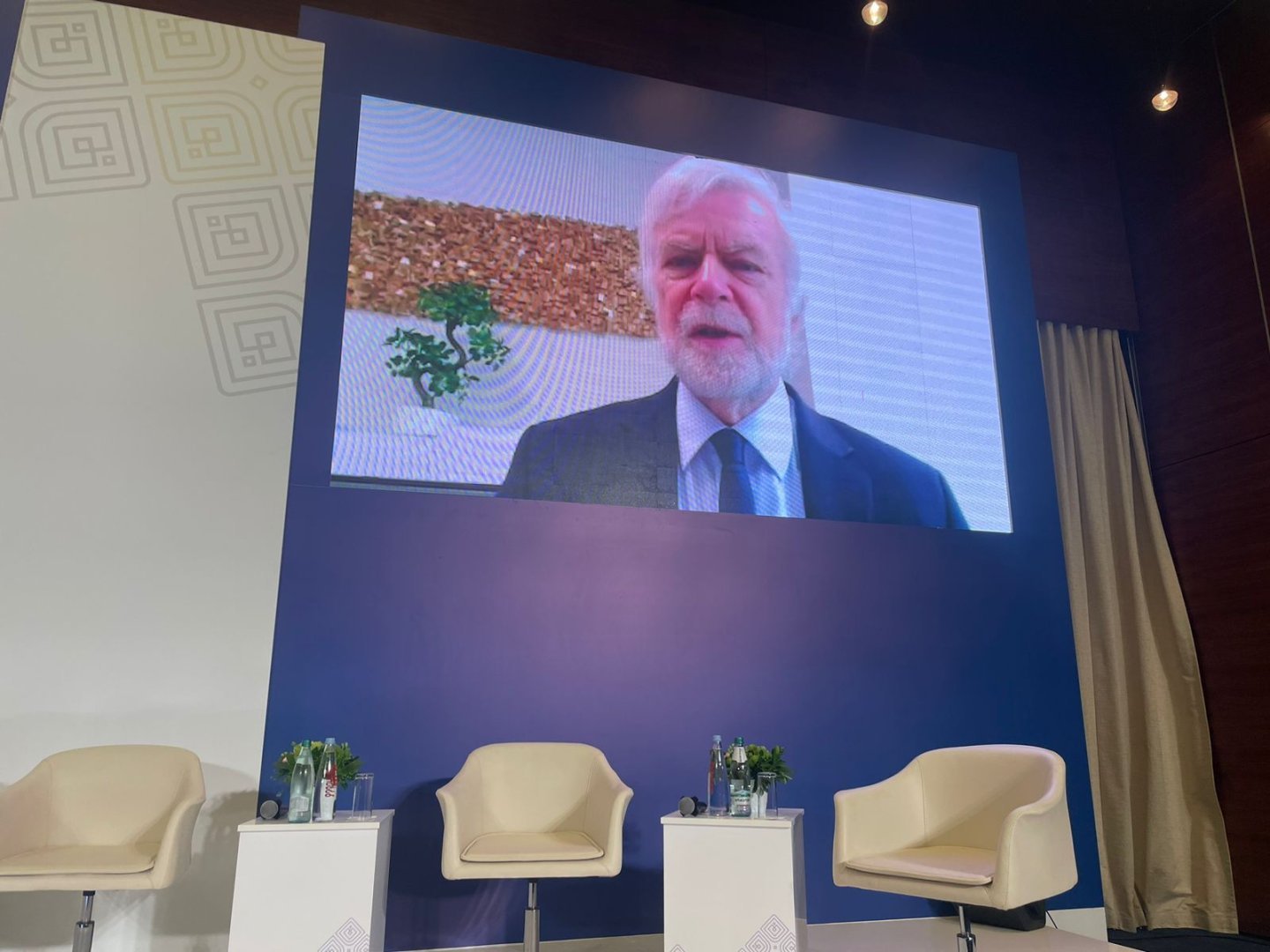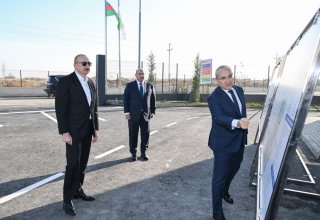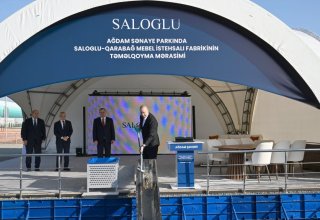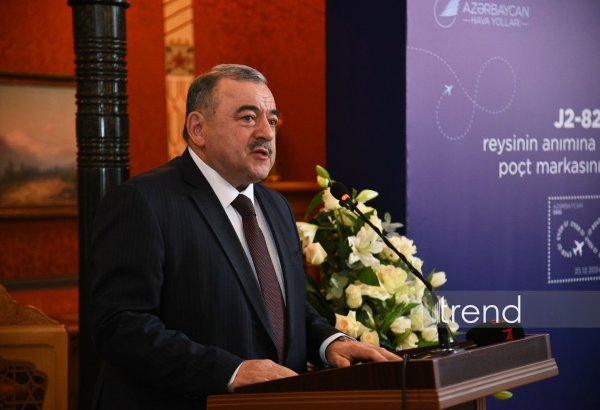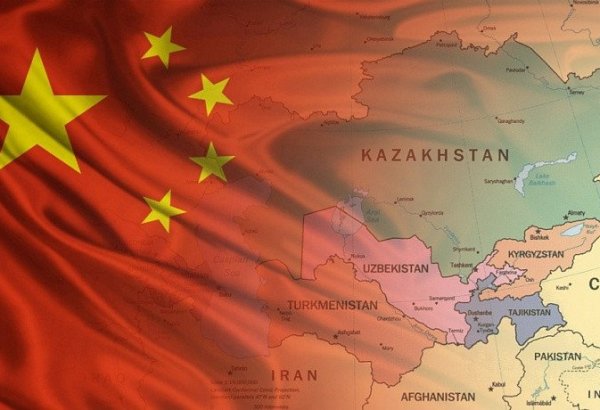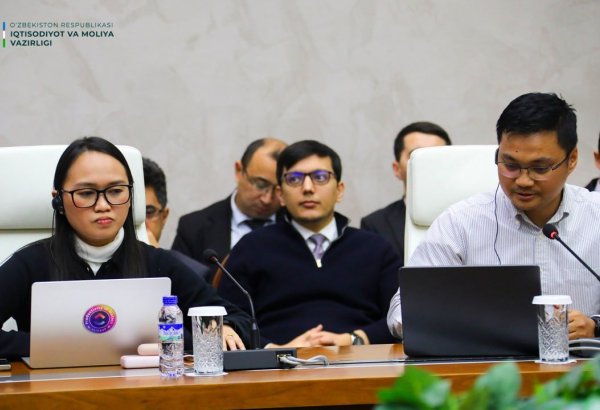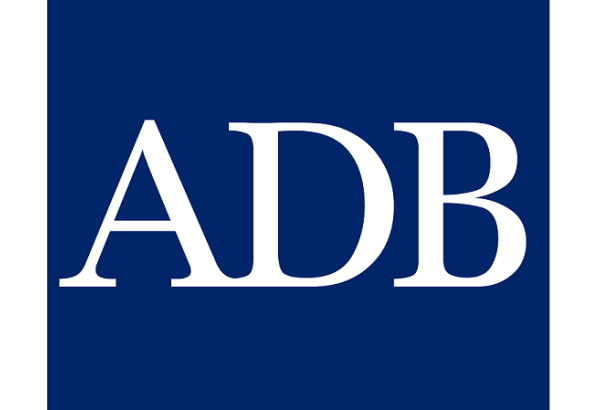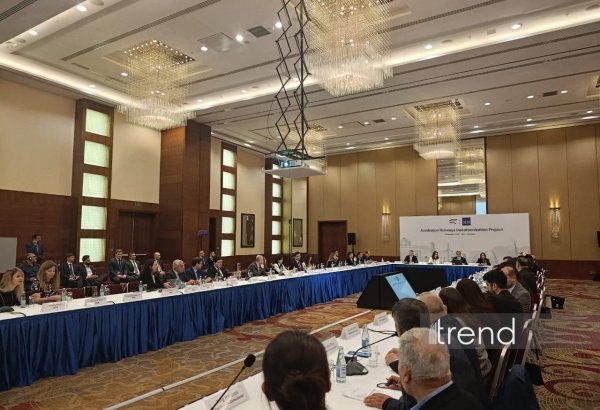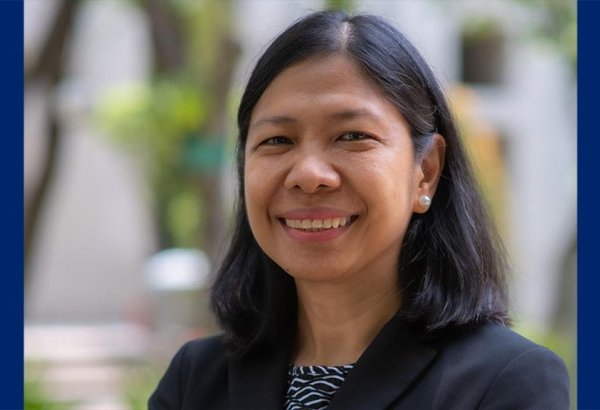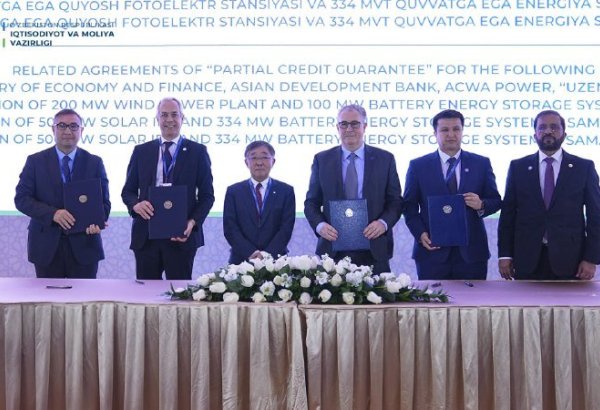TBILISI, Georgia, May 6. The world is going to become more and more dangerous with continued warming, Chairman of the Intergovernmental Panel on Climate Change (IPCC) Jim Skea said during the "Achieving Climate Outcomes for Transformation" seminar at the 57th Annual Meeting of the Asian Development Bank (ADB) in Tbilisi, TurkicWorld reports.
He said the IPCC adopted the final report of the sixth cycle, the Synthesis Report, just over a year ago in Switzerland.
"As the Chair of the IPCC Seventh Assessment Cycle, it is imperative to underscore that while the insights of this report remain steadfast, our climate trajectory is advancing. As affirmed by the World Meteorological Organization, 2023 marked the hottest year on record, characterized by notably extreme ocean temperatures. Events like extreme weather phenomena and wildfires, once relegated to future forecasts, have now become stark realities for far too many. The steady ascent of sea levels poses grave repercussions for small island nations and coastal communities situated in low-lying areas. All these phenomena are the cumulative outcome of over a century of human activity, including the combustion of fossil fuels and inequitable, unsustainable practices in energy and land utilization.
As the world continues to warm, it becomes increasingly perilous. Beyond a 1.5°C increase in temperature, novel risks will surface, including permafrost degradation, biodiversity loss, water scarcity, heightened instances of extreme weather events, and mounting food insecurity," said Skea.
To note, the theme of the 57th ADB Annual Meeting in Tbilisi, which was running from May 2 through May 5, was "Bridge to the Future."
The annual meeting provides ADB governors with a platform to address developmental issues and challenges confronting the Asia-Pacific region. The event typically attracts several thousand participants, including finance ministers, central bank governors, senior government officials, private sector representatives, members of international and civil society organizations, youth, academics, and media personnel.








